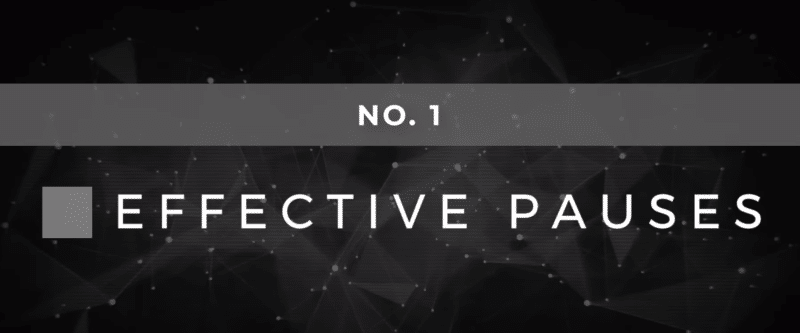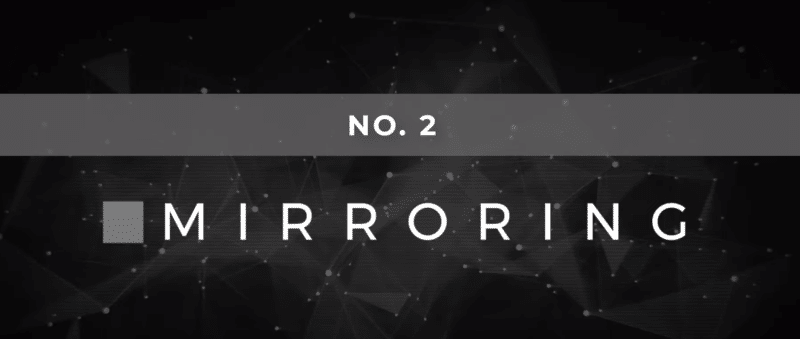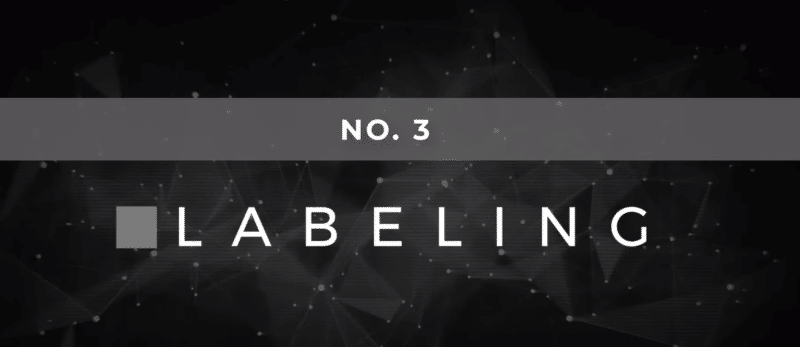If you’re wondering why your ex resents you and what you can do about it then you came to the right place.
Today I want to break down exactly what “breakup resentment” is and and how you can fix it.
That means this article will:
- Help you determine if your ex is likely to resent you after your breakup
- Dive deeper into the psychology of an ex who resents you
- Uncover exactly how you get your ex to not resent you
But let’s tackle the big question first.

What Are Your Chances of Getting Your Ex Girlfriend Back?
Take the quizDoes your ex resent you?
The short answer: probably.
There’s a pretty high chance your ex resents you, but we need to understand the psychology behind resentment to get why that is.
Let’s start by defining resentment:
Resentment over a long period of time can be an unhealthy response to injustice, sometimes an injustice that won’t quit—such as continual demeaning comments from a partner or the unreasonable demands of a boss who just doesn’t “get it.”
In essence, resentment stems from a lack of effective communication on one or both sides. Party A is clearly thinking something specific, maybe they’re even upset about it, and party B doesn’t get it.
Perhaps party A didn’t try to communicate their problem at all, or they tried to communicate it in a way Party B just didn’t understand, like dropping hints and expecting someone to guess what’s bothering you.
All this lack of communication leads to resentment, even in exes who break up with you.
As I’ve said many times before, most of our clients are people who were broken up with but sometimes we get clients who started the breakup. Even those dumpers doing the breaking up carry resentment about their ex because they tell themselves that their ex made them do it.
They will blame their ex for letting things get to a point where they had to end the relationship. So ultimately the psychology behind resentment is all about lack of communication causing bottled up negative emotions.
Speaking of communication, it can actually be your biggest weapon against resentment if you do it right…
How do you defeat resentment?
You defeat resentment by employing tactical empathy.
Now, I can’t take credit for Tactical Empathy. It was an idea I first heard about reading Never Split The Difference by Chris Voss.
Tactical empathy is tactically communicating with your ex in a way that shows them you understand exactly where they’re coming from.
The best way I can describe this is by imagining a conversation with your best friend vs a regular friend. Your best friend will always know what you mean (sometimes even before you know it yourself).
They will understand where you’re coming from so it bonds you together.
That is your best friend showing you tactical empathy.
Now some best friends will sympathize with you and we’re finding that when communicating with an ex you should go for empathy over sympathy. This is because people who have a sympathy mindset always try to fix things – they’re always wanting to make things better or offer solutions and that’s not always ideal.

What Are Your Chances of Getting Your Ex Girlfriend Back?
Take the quizThink about your best friend again.
Do you just need time to vent and rant sometimes without them interrupting you or offering their opinions? Of course. We all need undivided attention to make us feel better now and then.
If you try to fix all your ex’s problems the resentment can still linger there. It’s actually better to approach your ex from an empathy standpoint, by simply understanding what they’re going through you’re opening the lines of communication to defeat resentment.
There are three main things you can do to fully utilize tactical empathy to defeat resentment:
- Effective Pauses
- Mirroring
- Labeling
Let’s dissect.
Thing # 1: Effective Pauses
This may seem like a simple concept at first – don’t interrupt people.
Easy enough, right?
Not necessarily.
Most of us do way more interrupting in everyday conversations than we’d like to admit. Go ahead and try to focus on how often you interrupt people trying to communicate with you and you’ll be surprised at how common it is.
This is especially important when someone is saying something, and you have a good point to add to the topic of their conversation. You really have something to say so you interrupt them in the middle of their points.
That’s bad etiquette and does not show empathy.
It is always better to pause and listen.
Most people shy away from awkward silences when they make a point. We’ve all been there where awkward silence feels like an eternity and we just HAVE to put an end to it. Especially if you say something to your ex and they say nothing back.
You need to resist your urge of filling those gaps and play the waiting game – make your point well and be okay with waiting for the other person to formulate a response.
The problem for more people is trying to fill in short silent gaps left by their exes. Those silent gaps might be your ex trying to gather their train of thought and finish their point, so you need to sit back and listen instead of interrupting them.
Thing #2: Mirroring
Mirroring is when you take the last few words someone said to you and repeat them back.
This sounds almost childish but it’s actually incredibly effective and it goes a long way to indicate to the other person that you understand what they’re going through.
I’ll give you an example of the mirroring technique that probably hits a little too close to home for you.
So, let’s say that one of your best friends comes up to you and they say
“I’ve been with my girlfriend for ten years, but I don’t think I’m in love with her anymore. I need to break up with her.”
First off, don’t jump in with unnecessary commentary like “I saw this coming”.
Remember effective pauses?

What Are Your Chances of Getting Your Ex Girlfriend Back?
Take the quizYour friend then says, “I’m really worried it’s going to be brutal”.
This is the perfect time to mirror the last few words and emotions of your friend’s statement.
A simple head nod and “Totally brutal, yeah” will do wonders for the conversation.
By repeating what they said you confirm that you’re not only listening to them but understanding what they’re going through.
Sounds easy but you’ll be so shocked at how often we find our clients failing to do this with their exes – the person who they’re supposed to understand better than anyone else.
As odd as it sounds sometimes all your ex needs is to be fully heard and acknowledged.
The best you could do in that situation is to let them finish their points and then mirroring those points back to them to show you understood. It might sound robotic, but I promise you it works!
We’ve seen it working time and time again and when you add thing number 3 into the mix you get the ultimate holy trinity of communication for beating resentment.
Thing #3: Labeling
Labeling is when you put on your detective hat and try to understand what your ex is going through and label their emotions for them.
Let’s go back to the example of your friend who needs to break up with his girlfriend but he’s hesitant. Ask yourself why your friend is worried – is it because he doesn’t want to be seen as a selfish “bad guy?”
Once you know why someone is feeling a particular way and you find the source of their pain you need to label that, so they feel validated.
Here’s what you could say to your friend:
“Wow, it sounds like you’re really worried because you don’t want to be seen as the bad guy. You don’t want to hurt her feelings.”
The first important thing to note here is saying “it sounds like” instead of “it sounds to me like”. When you add first-person words like I or me to a sentence it shifts the focus on you, and we need to make everything about them right now.
The best way to know if you’ve labeled things correctly is if they look at you and say “yeah, that’s right”.
Another important distinction here is whether they say, “That’s right” or “you’re right”. “That’s right” implies that you truly understand what they meant to a core level, but if they say “you’re right” it could mean they’re being dismissive and won’t really take any actions you recommend.
Think of all those times your ex probably said, “you’re right” when he actually meant “you always have to be right, so I’ll just say it” or “I’m going to say you’re right, so you stop nagging”.
See what I mean?
Also, the answer won’t always be “that’s right”. Sometimes you might label things wrong and that’s okay. Just apologize and let your ex explain where they’re coming from until you really get it.
If anything, showing you want to hear more and then correcting how you label their emotions will only show them that you truly care.
Conclusion:
Your ex probably resents you, but you can use the following three elements of tactical empathy to change their mind:
- Firstly, let your ex finish whatever they are trying to say, even if they pause while talking. They need to let everything out without you interrupting them, so they know you’re actually trying to listen to what they have to say.
- Secondly, mirror the end of their sentences by repeating a few words and showing agreeable/attentive body gestures.
- Lastly, figure out why you think they’re saying these things and label that. The moment you correctly label and acknowledge their feelings they’ll rethink their whole perception of you.













